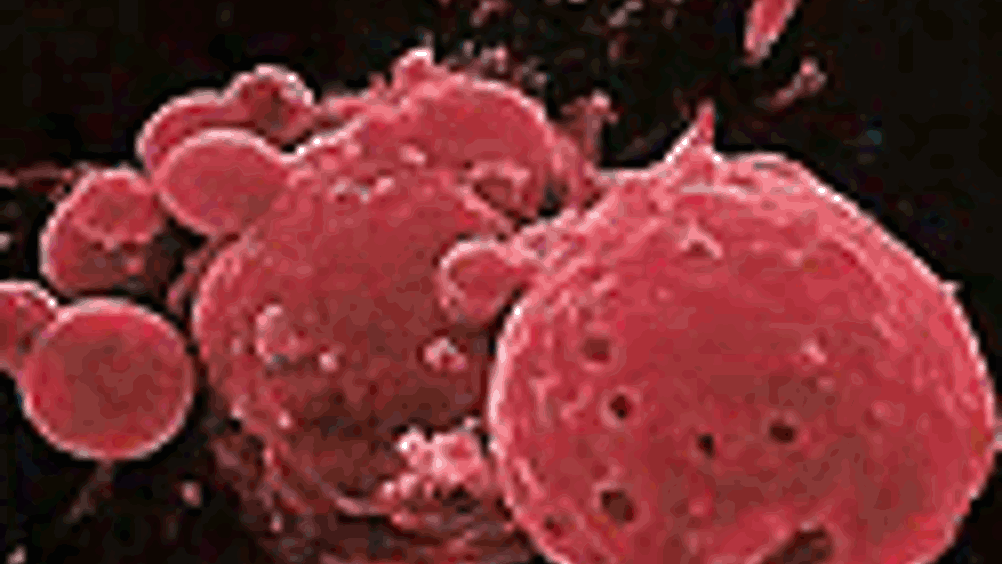Doctor on a chip
Molecular Vision has developed a hand-held device that could bring low-cost diagnostics for cardiac and other conditions into the GP's consulting room or the home.

Imperial College London spin-out
has developed a hand-held device that could bring low-cost diagnostics for cardiac and other conditions into the GP's consulting room or the home.
The patented system combines microfluidic lab-on-a-chip technology with light-emitting polymers (LEPs) and photodetectors to carry out a battery of medical tests simultaneously. The chip incorporates up to 10 channels, allowing the level of multiple analytes to be measured simultaneously alongside internal controls and reference samples. It does this by measuring absorbance, fluorescence, chemiluminescence and phosphorescence.
Ian Campbell, Molecular Vision's chief executive, said: 'Essentially we have an organic polymer that can be deposited on both the top and bottom sides of the microfluidics. The top polymer acts as a light-emitting diode, so when a current in the slide passes through the polymer it lights up. The polymer at the bottom acts as a photon receiver and translates the signal from light to amps. The amount of signal it receives is proportional to the amount of active material in the sample, which can then be displayed on a readout.'
Register now to continue reading
Thanks for visiting The Engineer. You’ve now reached your monthly limit of news stories. Register for free to unlock unlimited access to all of our news coverage, as well as premium content including opinion, in-depth features and special reports.
Benefits of registering
-
In-depth insights and coverage of key emerging trends
-
Unrestricted access to special reports throughout the year
-
Daily technology news delivered straight to your inbox










Water Sector Talent Exodus Could Cripple The Sector
Maybe if things are essential for the running of a country and we want to pay a fair price we should be running these utilities on a not for profit...